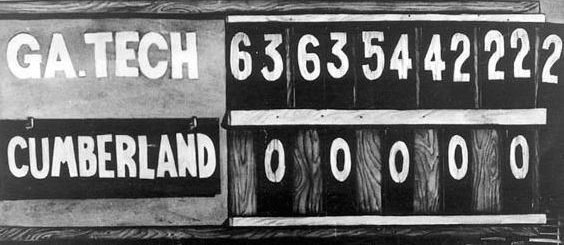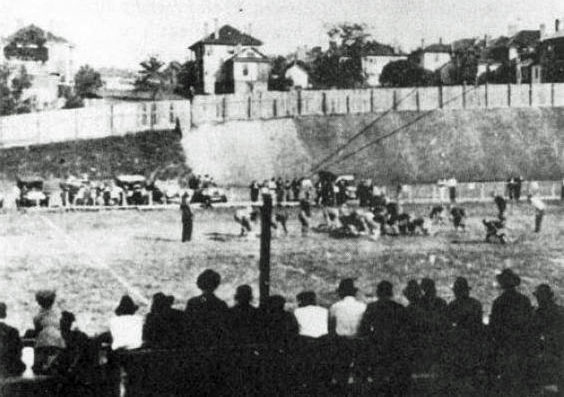|
Football Profiles Archives - I
John Heisman
Sammy Baugh Glenn Presnell Mac Speedie Wahoo McDaniel Stephen Neal Chris Cagle Brad Van Pelt Jake Delhomme Football Profiles Archives - II Paul Brown
Football Profiles Archives - III Earl Blaik
Football Profiles Archives - IV Ernie Nevers
Riley Skinner Brian Kelly Alex Karras Merlin Olsen Ryan Who? Joe Bellino Chris Long Football Profiles Archives - V Don Shula
Joe Don Looney Charlie Justice Jimmy Taylor Jesse Harper Football Profiles Archives - VI Dak Prescott
Bill Walsh - I, II, III, IV, V, VI, VII |
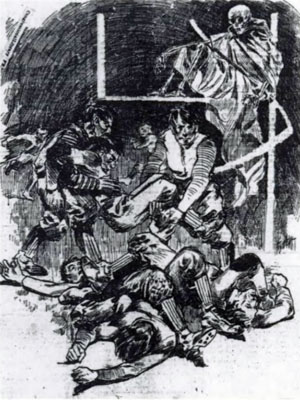
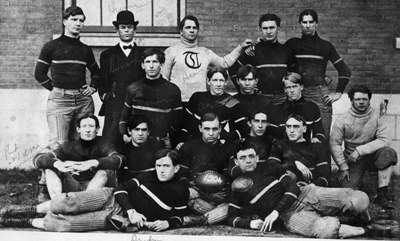
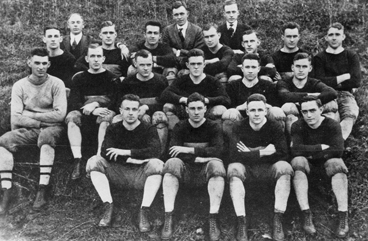 L-R: 1904 Georgia Tech team; 1916 Georgia Tech team
L-R: 1904 Georgia Tech team; 1916 Georgia Tech team